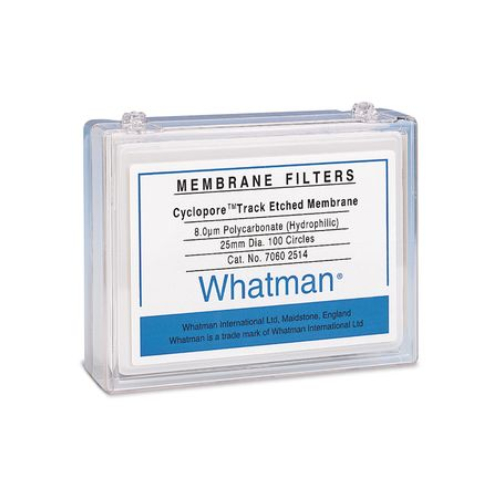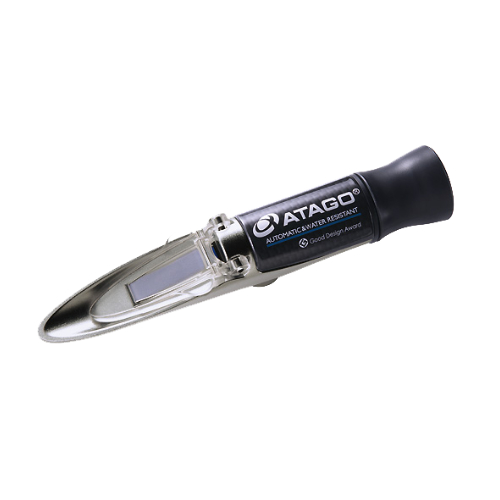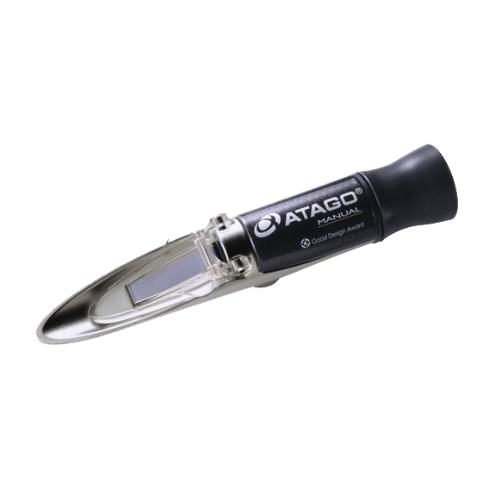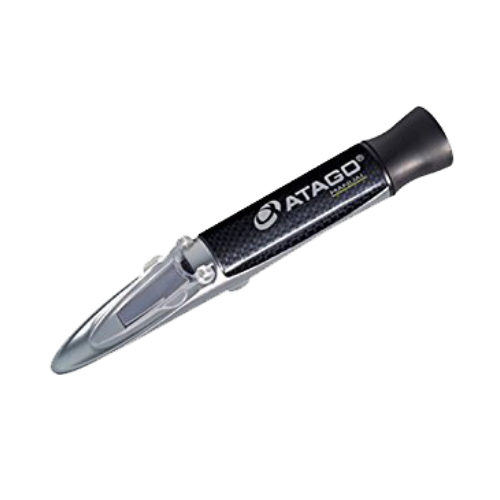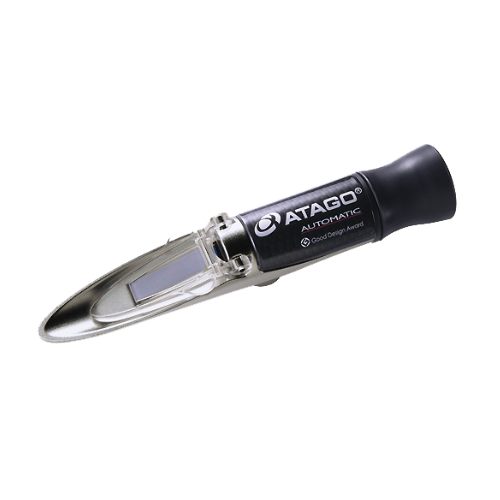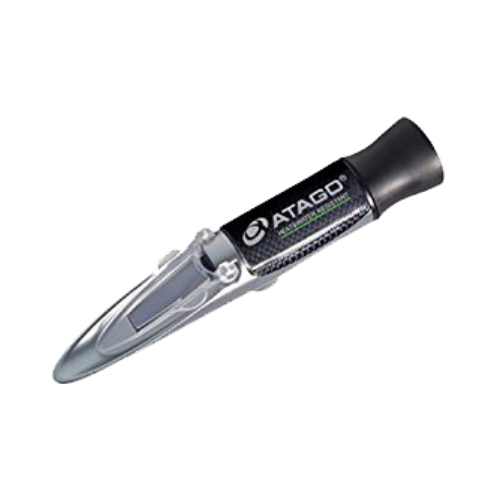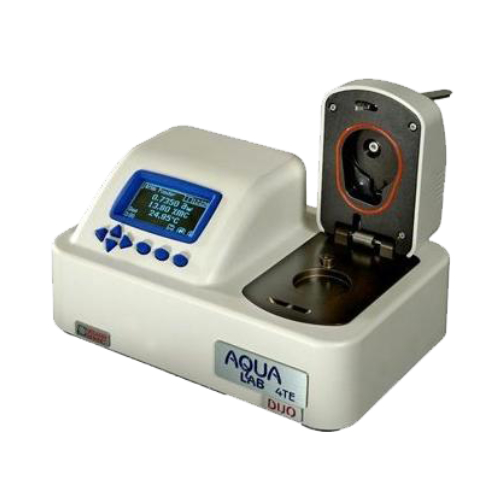| Application: |
Air monitoring: Trace elements (chemicals, radioactivity) and particulate analysis (dust, pollens, and airborne particles) Analytical methods: Gravimetric analysis,densitometry, emission spectroscopy, x-ray fluorescence, and infrared analysis Water analysis: Absorbable organic halides (AOX), direct count of microorganisms, marine biology and dissolved phosphates, nitrates, and ammonia analysis Blood filtration and cell analysis: RBC deformability, leukocyte removal, RBC filtration and plasmapheresis, chemotaxis, cytology, and cell culture General filtration: Particulate and bacteria removal, cross flow filtration, HPLC sample preparation, and solution filtration Microscopy: Electron microscopy, epifluorescence microscopy, and direct optical microscopy Microorganism analysis: Direct total microbial count, harvesting, concentration, fractionation, yeast, molds, Giardia, Legionella, coliform, and canine microfilaria Nucleic acid studies: Alkaline elution and DNA fragment fractionation Oceanographic studies: Transparent polycarbonate membrane filters provide a new tool for studying planktonic organisms. These ultra thin transparent membranes are strong yet flexible, allowing for planktonic samples to be filtered and the membranes to be mounted directly onto microscope slides. (Ref: Hewes et al. 1998; Graham and Mitchell 1999; Graham 1999.) Healthcare: Biosensors – as a barrier offering controlled diffusion for biological reagents and electrochemical detectors. Diagnostic assays – for flow control, sample preparation, blood separation, and capture of latex microparticles. Cell biology – for cell culture, chemotaxis, and cytological analyses, e.g., direct staining, isotopic and fluorescence based assays. Transdermal drug delivery – as an inert matrix for retention of therapeutics |

